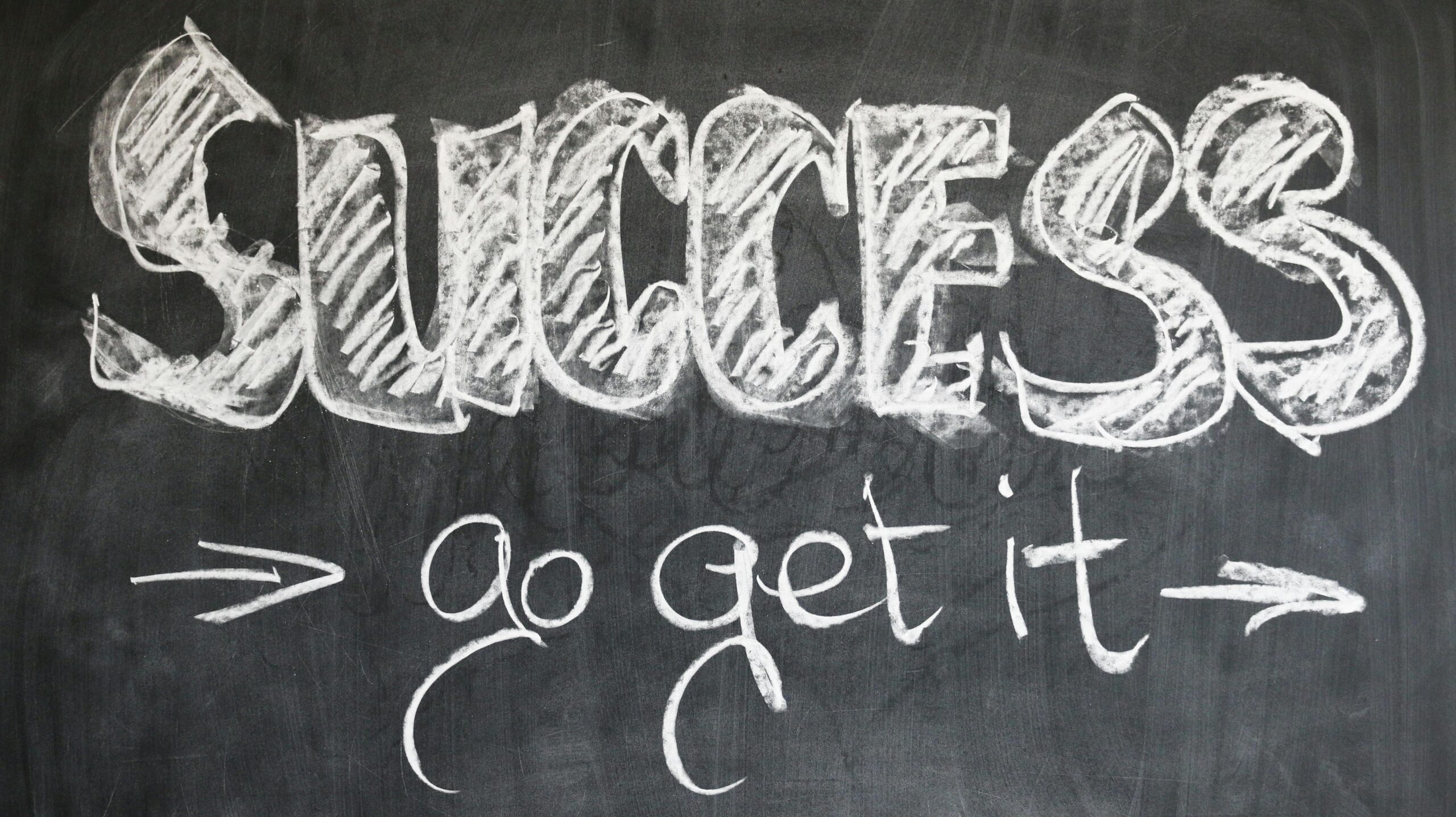
Does Your Team Have the “Will to Sell”?
Table of Contents
ToggleWhy This Competency Group Is the Hardest to Improve
When you think about improving your sales team’s performance, you probably start with skills: questioning techniques, qualifying, closing, or navigating the buyer’s process. Skills matter. They are visible, coachable, and measurable. But skills alone do not determine whether a salesperson succeeds.
At the foundation of your team’s performance lies something more intrinsic and far harder to shape: their Will to Sell.
Our 160 Partners frequently tell us that leaders can train skills, implement processes, and improve coaching. But they cannot easily teach the internal drive that fuels sustained sales effort. That is why Will to Sell consistently emerges as the most difficult competency group to develop or change. You can train skills, implement processes, and refine coaching. But you cannot easily teach the internal drive that fuels sustained sales effort.
Will to Sell is the engine behind behaviors you see every day: effort, resilience, follow-through, accountability, and the willingness to do the difficult work on a consistent basis. Understanding it gives you the clearest, most accurate picture of how your team will perform in real-world selling situations.
What Exactly Is “Will to Sell”?
OMG’s Will to Sell competency group includes five core competencies that sit at the heart of drive and effort:
- Desire – How badly a salesperson wants to achieve sales success
- Commitment – Their willingness to do the necessary, often uncomfortable work to reach their goals
- Motivation – Whether they have a compelling “Why” and a path to achieve it
- Responsibility – Whether they take ownership for outcomes or fall back on excuses
- Outlook – Their mindset, optimism, and emotional response to adversity
Together, these competencies reveal who each person on your team is at their core. They influence everything from activity levels to resilience, long before any selling skill comes into play.
Why Will to Sell Is the Hardest Part of Sales Performance to Improve
You can train a salesperson to ask better questions or follow a qualification process. You can coach objection handling or help them navigate a complex deal.
But you cannot directly teach someone to want success more. You cannot force resilience. You cannot coach genuine accountability into someone who prefers excuses.
There are three primary reasons why improving Will to Sell is uniquely challenging:
- These competencies come from deeply rooted beliefs and habits.
Accountability, commitment, and optimism are built over years. Training alone for 6 to 9 months is not enough to replace long-standing patterns of behavior.
- Motivation is personal and often misunderstood.
Many leaders assume compensation drives performance. OMG data shows that the majority of salespeople actually have an intrinsic motivation style. Only about a quarter of salespeople are extrinsically motivated. If you coach or reward your team in ways that conflict with how they are wired, motivation will decline rather than increase.
- Will to Sell influences behavior before skill ever shows up.
Low commitment, a negative outlook, or weak responsibility typically results in:
- inconsistent activity
- lack of follow-through
- missed pipeline milestones
- avoidance of difficult conversations
- difficulty bouncing back from setbacks
Training cannot compensate for the absence of effort. This is why many teams struggle to see lasting improvement, even after investing heavily in training programs.
What Shapes Your Team’s Will to Sell?
OMG’s decades of research show several key factors that significantly influence Will to Sell.
Intrinsic vs. Extrinsic Motivation
Salespeople perform best when their environment aligns with their dominant motivational style. Coaching against this natural wiring can quickly reduce motivation.
Mindset and Beliefs
A salesperson with a limited outlook or negative mindset will struggle with rejection, adversity, and uncertainty. These internal beliefs shape how consistently they pursue opportunities.
Commitment to Do the Hard Things
Commitment is not about intensity. It is about consistency. A committed salesperson does the difficult work even when they do not feel like it. Someone who is merely “interested” in success will only do the work when it feels convenient.
Accountability
Excuse-makers rarely perform at a high level because they attribute problems to external circumstances rather than actions they can control.
Understanding these influences helps you see why Will to Sell matters so deeply and why it is such a powerful predictor of performance.
Desire and Commitment Are Important, but They Do Not Tell the Whole Story
Desire and Commitment are strong leading indicators. Salespeople who score high in these competencies typically:
- ramp faster
- adopt coaching more readily
- embrace new processes
- stay consistent when pressure increases
However, Desire and Commitment alone do not determine whether a sales candidate is recommended on OMG’s Sales Candidate Assessment.
Your candidates and team members must be evaluated against all 21 Core Sales Competencies, including:
- Consultative Selling Capabilities
- Overcoming a Desire for Approval
- Efficient Use of Sales Technology
- Staying in the Moment During a Sales
A salesperson with strong internal drive, but major skill gaps, may struggle to perform in certain roles. Likewise, someone with strong skills but weak will often fails to execute consistently. This is why OMG’s recommendation algorithm evaluates the entire competency profile, role requirements, and predictive performance DNA.
The Bottom Line: Do Your Salespeople Have the Will to Sell?
Will to Sell is the foundation that determines whether your people will execute, improve, and perform under pressure. It shapes resilience, accountability, and effort, and it is the single hardest competency group to improve once someone is already in the role.
If you want to build a high-performing team, you need to understand who has the internal drive to succeed, who needs development, and where the risk areas lie.
Evaluating your team’s Will to Sell—alongside all 21 Core Sales Competencies—gives you the clearest path to hiring stronger salespeople, developing your current team, and building a sales organization designed to win.

